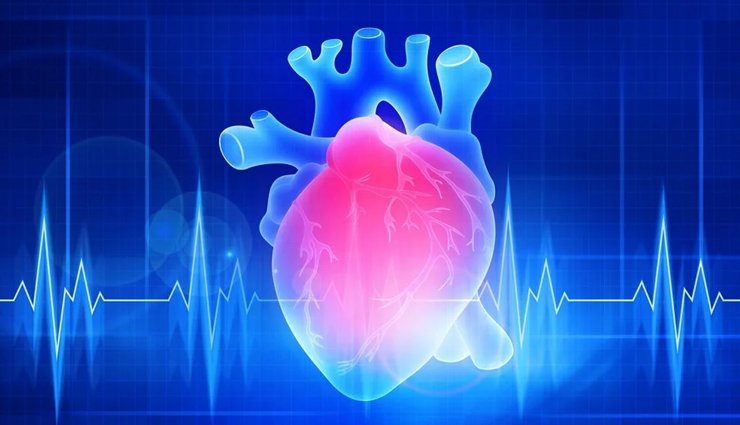- Home›
- Healthy Living›
- Which Is Better To Consume- Broccoli Or Kale?
Which Is Better To Consume- Broccoli Or Kale?
By: Priyanka Maheshwari Thu, 08 Aug 2024 6:08:23

Broccoli and kale are two of the most nutrient-dense vegetables available, each offering a unique array of health benefits.
Broccoli
Broccoli is a cruciferous vegetable known for its impressive nutritional profile. It is an excellent source of vitamins C and K, as well as dietary fiber and various antioxidants. The high vitamin C content supports a robust immune system, while vitamin K is crucial for bone health and proper blood clotting. Broccoli also contains sulforaphane, a compound that has been linked to reduced inflammation and a lower risk of certain cancers. Incorporating broccoli into your diet can aid digestion, support heart health, and contribute to overall well-being.
Kale
Kale, often referred to as a superfood, is renowned for its exceptional nutrient density. It is packed with vitamins A, C, and K, and is rich in antioxidants like quercetin and kaempferol. Kale's high vitamin A content promotes healthy vision and skin, while vitamin C supports immune function. The vegetable's omega-3 fatty acids contribute to cardiovascular health, and its anti-inflammatory properties may help reduce chronic disease risk. Kale is also known for its detoxifying effects, making it a valuable addition to any health-conscious diet.
Health Benefits

Broccoli
# Rich in Nutrients: Broccoli is packed with essential vitamins and minerals, including vitamins C, K, A, and folate, as well as calcium, potassium, and magnesium.
# Supports Immune Function: The high vitamin C content boosts the immune system, helping the body fight infections and maintain overall health.
# Promotes Digestive Health: Its fiber content aids in digestion and helps maintain a healthy gut, reducing the risk of constipation.
# Bone Health: Vitamin K in broccoli plays a crucial role in bone health by supporting calcium absorption and bone mineralization.
# Anti-Cancer Properties: Broccoli contains sulforaphane, a compound with potential anti-cancer effects, which may help lower the risk of certain types of cancer.
# Anti-Inflammatory Effects: The antioxidants in broccoli help reduce inflammation and oxidative stress in the body.

Kale
# Nutrient-Dense: Kale is rich in vitamins A, C, and K, as well as minerals like calcium, magnesium, and potassium.
# Supports Eye Health: The high levels of vitamin A and antioxidants, such as lutein and zeaxanthin, contribute to healthy vision and may help protect against age-related macular degeneration.
# Boosts Heart Health: Kale's high fiber content and antioxidants, including omega-3 fatty acids, support cardiovascular health by reducing cholesterol levels and inflammation.
# Detoxification: Kale contains compounds that support liver function and detoxification processes, aiding in the removal of toxins from the body.
# Anti-Cancer Properties: Like broccoli, kale contains antioxidants and compounds that may help reduce the risk of certain cancers.
# Supports Healthy Skin: The high vitamin C content in kale promotes collagen production, which is essential for healthy, youthful skin.
Both broccoli and kale are incredibly healthy vegetables, each with their own unique benefits:
* Broccoli is rich in vitamins C and K, fiber, and various antioxidants. It supports immune health, bone health, and has been linked to reduced risk of certain cancers.
* Kale is also high in vitamins A, C, and K, and is known for its high antioxidant content. It's especially good for heart health due to its high levels of omega-3 fatty acids and has anti-inflammatory properties.
Incorporating both into your diet can provide a wide range of nutrients and health benefits. If you have to choose one, it might come down to personal taste preference or specific nutritional needs.





